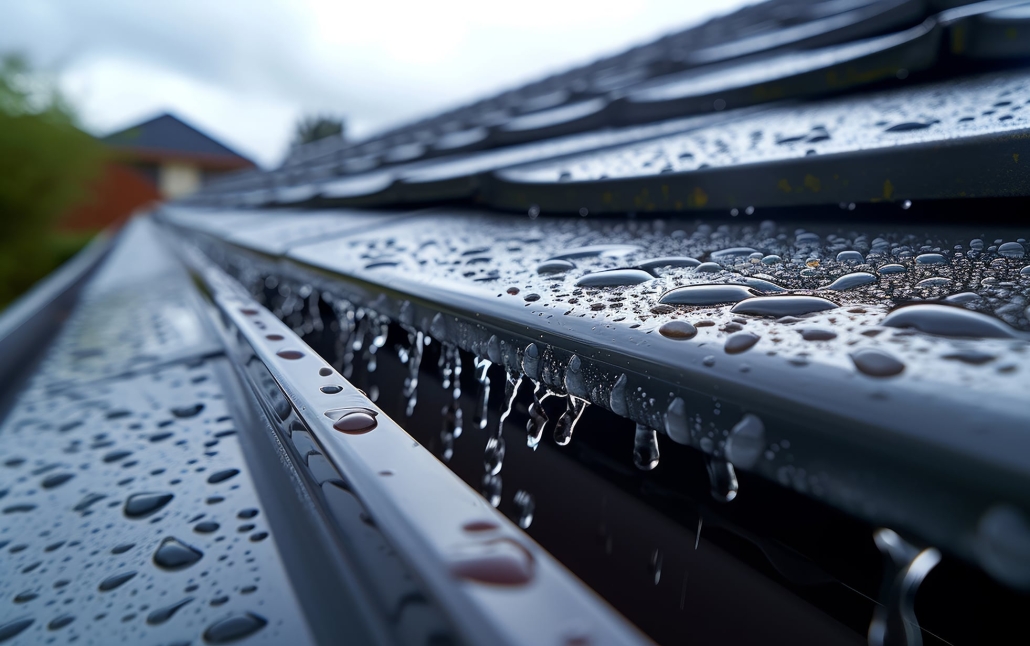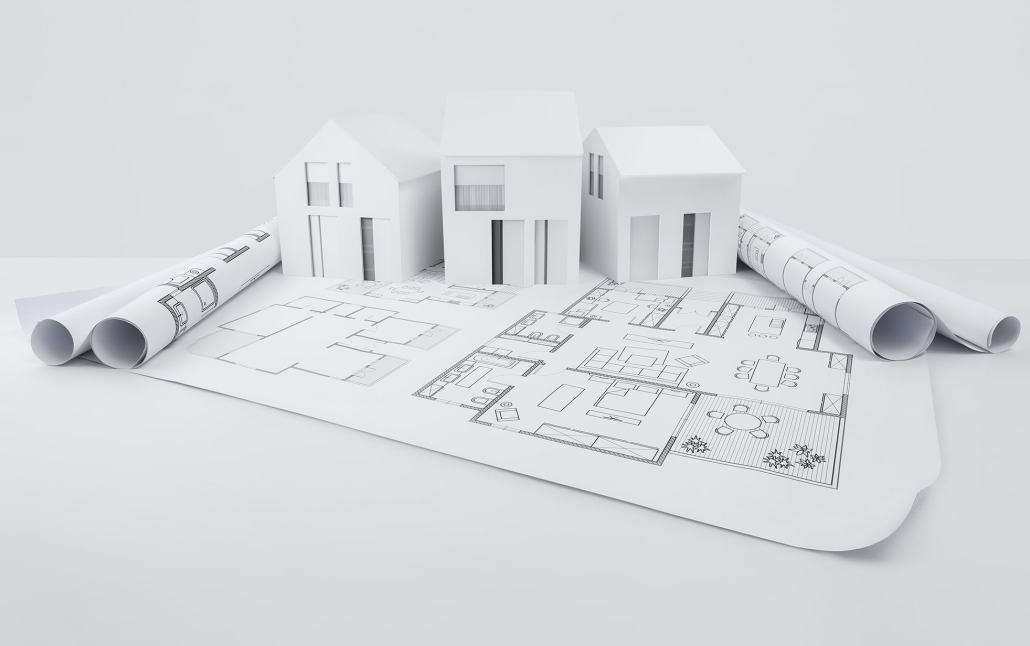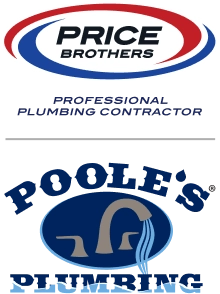How Climate Affects Residential Plumbing Maintenance
Residential Plumbing Maintenance for your home's plumbing system can be challenging, and you must consider your local climate. Whether you live in a temperate, arid, or tropical region, the weather plays a significant role in how you should care for your pipes. Let's explore how plumbing maintenance varies across these climates and provide actionable tips to keep your system running smoothly.
Temperate Regions
In temperate regions, where seasonal temperature fluctuations are common, homeowners must protect their plumbing systems from freezing during winter. Here are some essential tips:
- Insulating Pipes: Wrap exposed pipes with insulation to prevent them from freezing and bursting. Pay close attention to pipes in unheated areas like attics, basements, and garages.
- Allowing Faucets to Drip: During frigid spells, allow faucets to drip slightly. This helps prevent freezing by keeping water moving through the pipes.
- Regular Maintenance: Check for leaks and inspect water pressure regularly to avoid unexpected plumbing issues.
Arid Regions
Arid climates, characterized by low humidity and high temperatures, present unique plumbing challenges, particularly concerning hard water. Here's how to manage your plumbing in such conditions:
- Install a Water Softener: Hard water is common in arid regions, causing mineral buildup in pipes. Installing a water softener may mitigate this issue, extending the lifespan of your plumbing system.
- Regular Descaling: Periodically descale faucets, showerheads, and other fixtures to remove mineral deposits and maintain water flow.
- Monitor Water Usage: High temperatures can increase water evaporation rates, so be mindful of your water usage and fix any leaks promptly to conserve water.
Tropical Areas

Heavy rains and high humidity are typical in tropical regions, leading to water damage and flooding if not appropriately managed. Here are some essential tips for plumbing maintenance in tropical climates:
- Clear Gutters and Downspouts: Regularly clean gutters and downspouts to ensure they are debris-free. This may prevent water from accumulating and causing damage to your home's foundation and plumbing system.
- Install Backflow Preventers: Heavy rains can cause sewer systems to back up. Installing backflow preventers can protect your home from potential sewage contamination.
- Check for Leaks: Regularly inspect your plumbing system for leaks, as high humidity can exacerbate water damage over time.
Universal Plumbing Maintenance Tips
Regardless of the climate you live in, there are some universal plumbing maintenance tips that every homeowner, property manager, and DIY enthusiast should follow:
- Inspect Regularly: Regular inspections help you catch minor issues before they become significant problems. Check your pipes and fixtures for leaks, rust, and corrosion.
- Monitoring Water Pressure: Ensure your water pressure is within the recommended range. High water pressure can strain your plumbing system and lead to leaks.
- Be Proactive: Address any minor issues immediately. Ignoring small leaks or blockages can lead to costly repairs later.
- Seasonal Maintenance: Tailor your maintenance routine according to the season. For example, winterize your pipes in colder months and focus on clearing gutters during rainy seasons.
Conclusion
Taking care of your residential plumbing system requires attention to the specific climate in which you reside. By following the climate-specific tips outlined above and adhering to universal maintenance practices, you can ensure that your plumbing system remains efficient and durable. Consider consulting a plumbing professional who understands your local climate conditions for more personalized advice.
So, don't wait until a minor plumbing issue becomes a major headache. Stay proactive, and your plumbing system will thank you!
Contact us or visit our website for more expert tips and advice. Happy plumbing!






